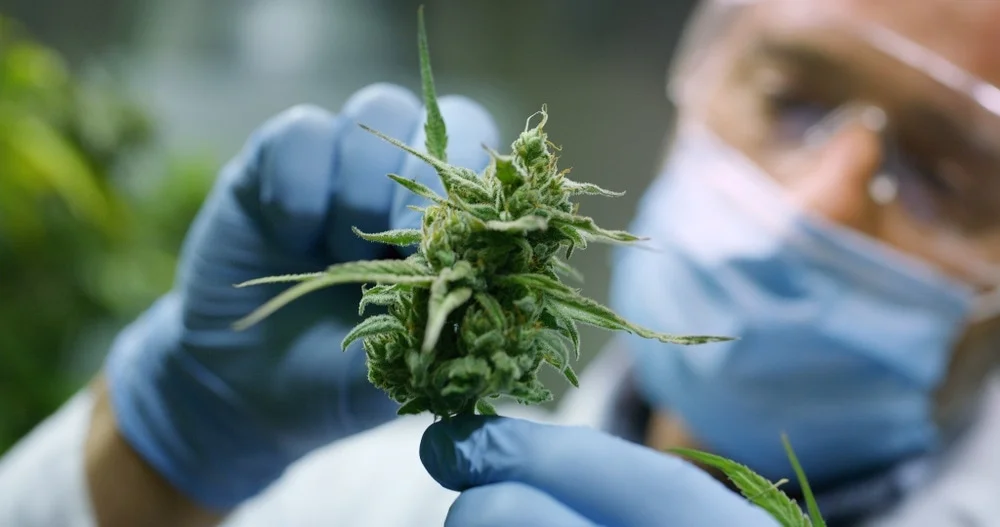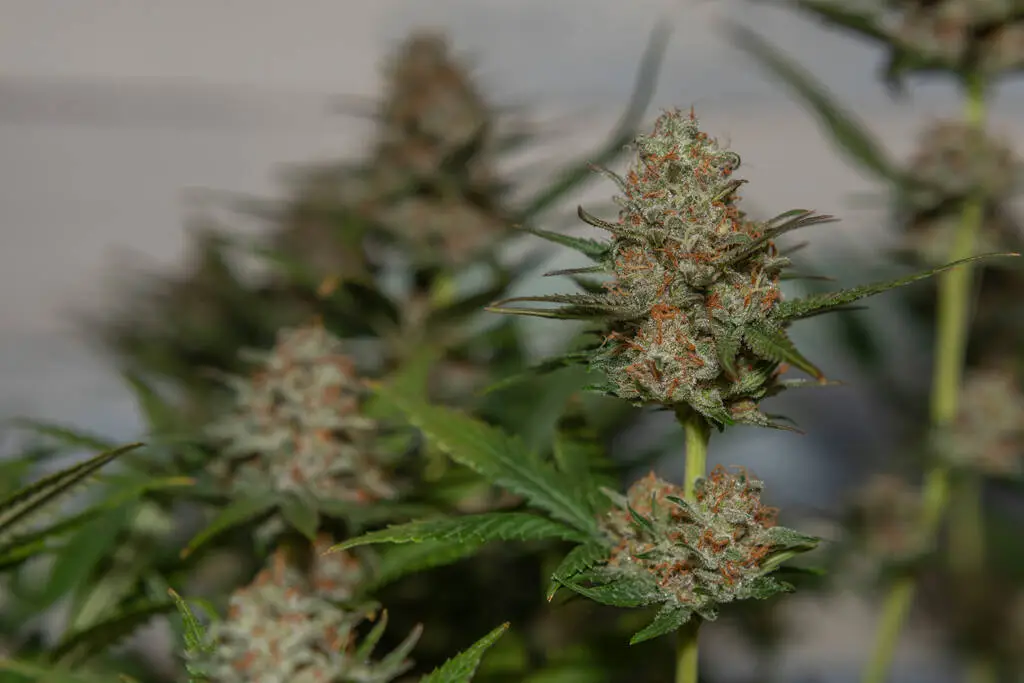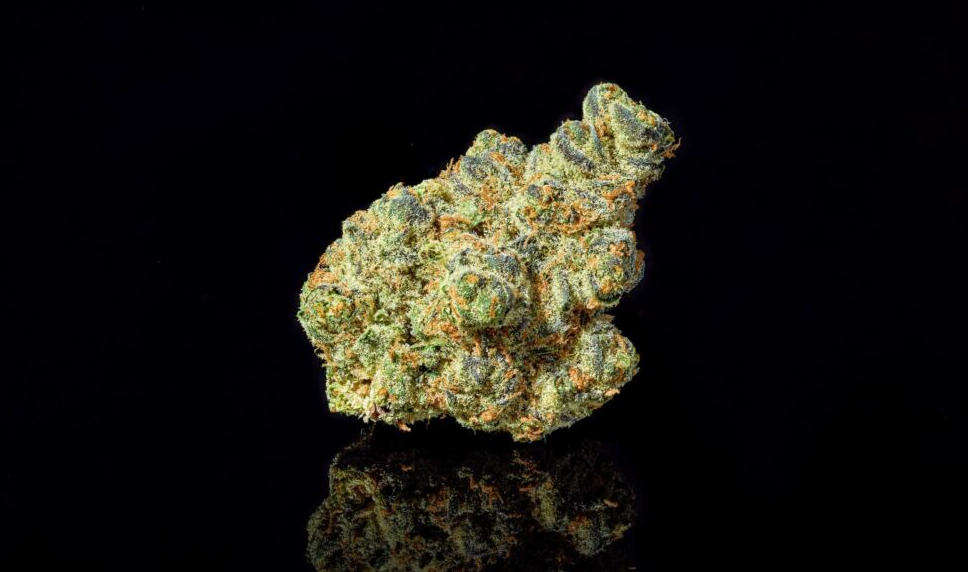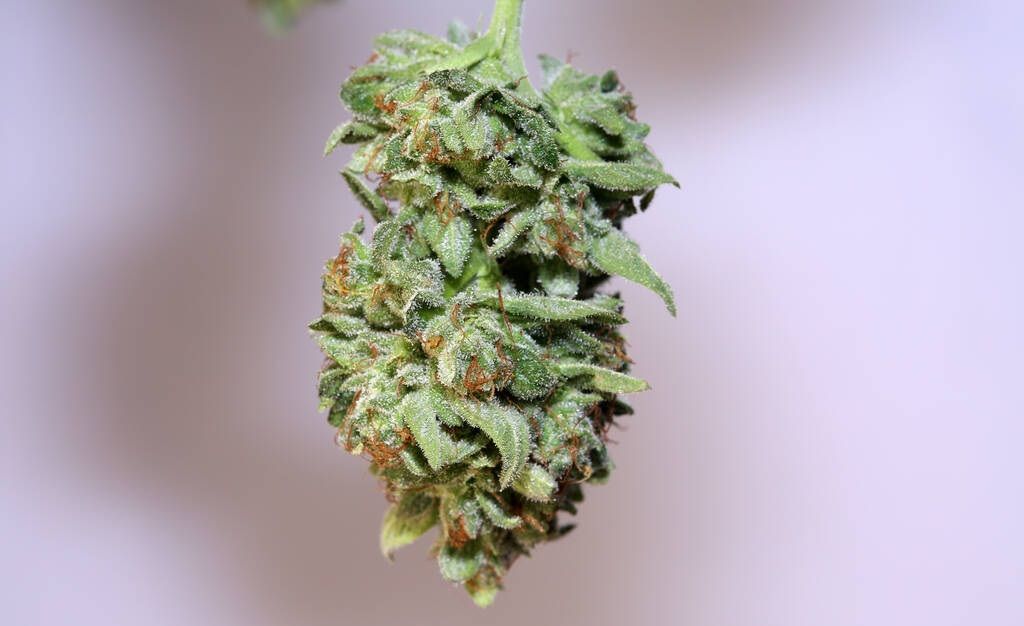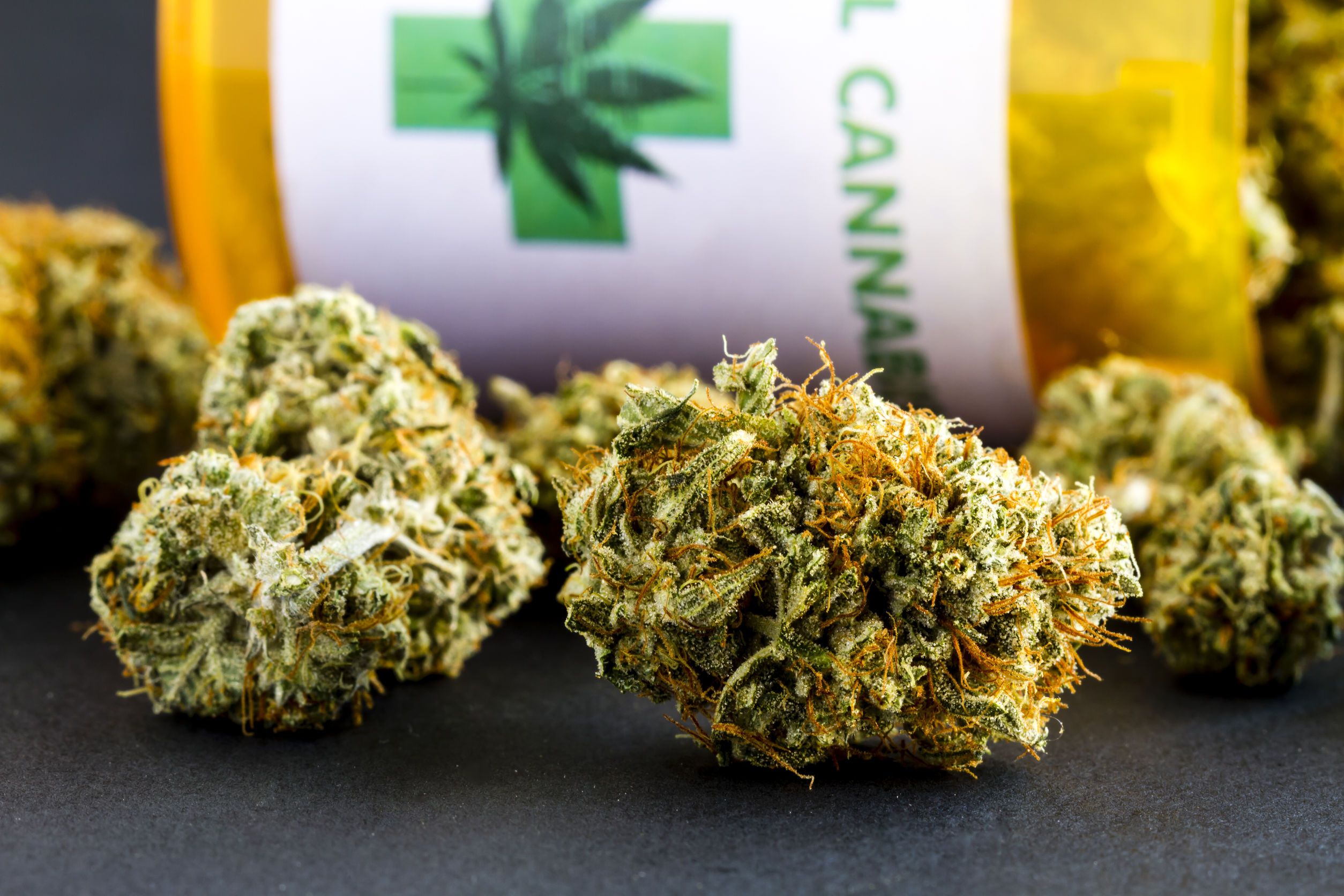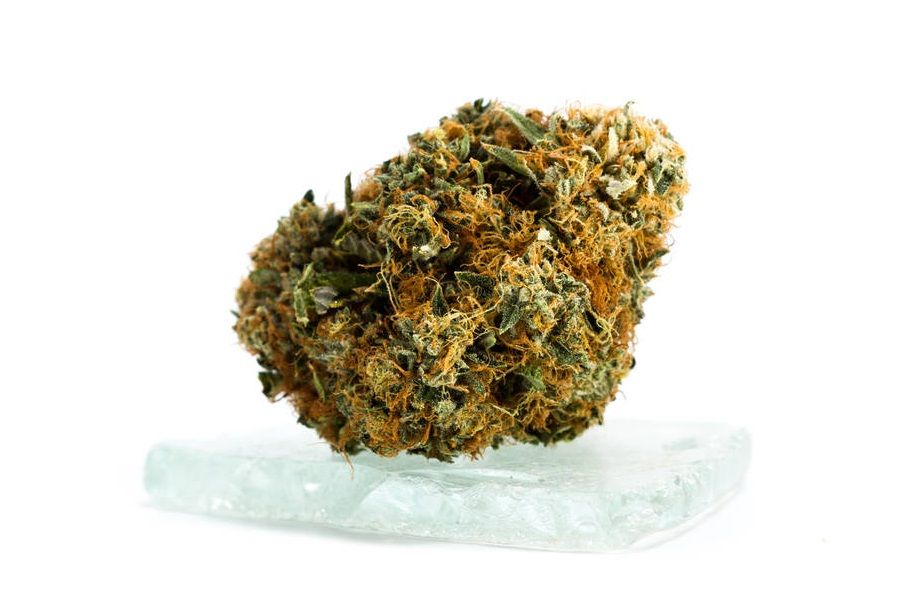The Industrial Hemp market grew in value from $6.03 billion in 2023 to $7.07 billion in 2024, according to a new report.

The report anticipates that the market will continue to see rapid growth. At an anticipated compound annual growth rate (CAGR) of 17.29%, the market is expected to be valued at $25.33 billion by 2032.
According to the report, the market “is expanding steadily due to the significant changes in legislative frameworks that have made it easier for hemp to be grown and processed, the growing awareness of the advantages hemp has for the environment, and the expansion of hemp applications into a wide range of end-use industries.”
Continue reading

